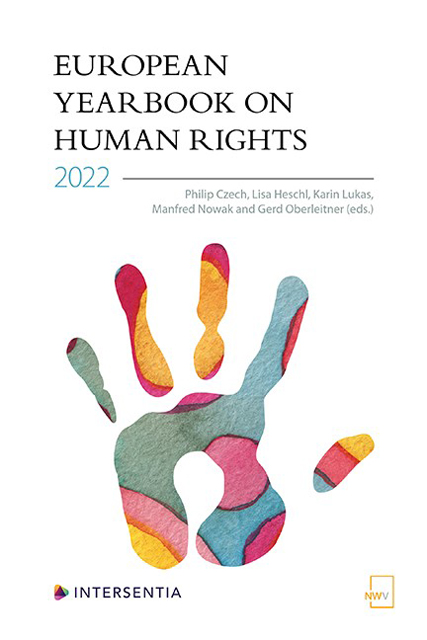The Evolving Jurisprudence of the European Court of Human Rights on Domestic Abuse
Published online by Cambridge University Press: 20 April 2023
Summary
ABSTRACT
This contribution discusses the ways in which the jurisprudence of the European Court of Human Rights (ECtHR) on the issue of domestic abuse has evolved in recent years, with a particular focus on three aspects. Firstly, the way in which domestic abuse has been conceptualised has developed significantly. Initially the approach taken by the Court concerning the Articles of the European Convention on Human Rights (ECHR) on which it based its findings of violations in cases involving domestic abuse was somewhat incoherent in terms of the use of Articles 3 and 8. However Article 3 is now used much more extensively in such cases, and the question has become whether domestic abuse should be expressly held to fall within the ‘torture’ limb of this provision. Secondly, the Court has recently recognised that ‘cyberbullying’ can constitute domestic abuse. Thirdly, questions have arisen as to how the ‘Osman test’ should be applied in cases involving domestic abuse, and this matter was clarifi ed in June 2021 by the Grand Chamber in its judgment in Kurt v Austria .
INTRODUCTION
Domestic abuse affects vast numbers of victims around the globe, and has become even more prevalent in the context of the lockdown measures imposed by many states in the context of the COVID-19 pandemic. Although it is only relatively recently that domestic abuse has been recognised as constituting a human rights issue, during the last 15 years cases involving such abuse have been addressed at regular intervals by the ECtHR, and violations of Articles 2, 3, 8 and 14 of the ECHR have been found in such cases. This contribution investigates three aspects in which the case law of the ECtHR on domestic abuse has evolved, with a particular focus on recent judgments.
Firstly, the contribution seeks to explore the way in which domestic abuse has been conceptualised by the ECtHR. As will be discussed, initially the approach taken by the Court concerning the Articles of the ECHR on which it based its findings of violations in such cases was somewhat incoherent in terms of the use of Articles 3 and 8.
- Type
- Chapter
- Information
- European Yearbook on Human Rights 2022 , pp. 205 - 224Publisher: IntersentiaPrint publication year: 2022



